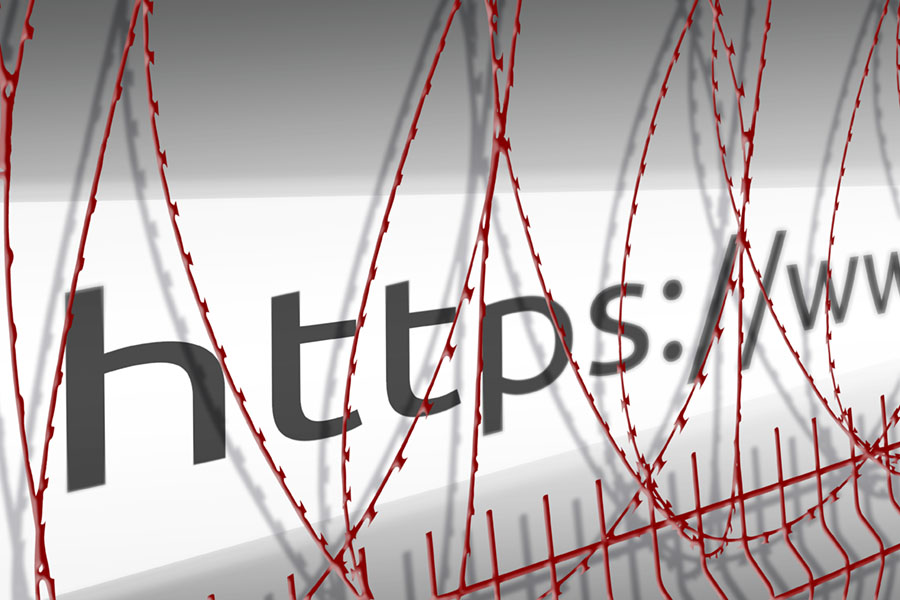
Censorship and Internet Browsing are Not Compatible
Learn How Censorship And Internet Filters Mean Restricted Access And Blocked Sites.
On February 4th, 2009, the Open Net Initiative reported on yet another instance of censorship and internet filtering coming together to inconvenience the American public.
Sonic Wall, a popular web filtering device used by businesses that offer free wireless to their customers, was targeting legitimate and harmless sites for censorship. It’s a censorship tactic known to netizens as overblocking.
Basically, instead of evaluating the content of a given site to see if it truly meets the contracted definition of malicious per the business contract, companies like Sonic Wall just block the site.
The result is that instead of merely blocking pornographic and malware sites, as it purports to do on behalf of Panera and other clients, Sonic Wall also blocks legitimate business sites that pose no threat to the public. T
heir latest target is the URL shortening site tinyurl.com which merely provides a shortened web link to replace a longer one that has been generated.
In addition to doing nothing wrong, tinyurl is also used by many popular blog sites and especially employed by Twitter to shorten Tweet links.
By disabling tinyurl, Sonic Wall prevents bloggers and others from freely expressing their opinions in an example of the cascading consequences of censorship and internet filtering.
It’s a reminder to consumers that agreeing to a little restriction often means giving up more freedoms than originally expected.
First there, Then here?
Flickr, YouTube, and Yahoo are just a few of the US companies that have agreed to censorship in the name of international compliance.
As the world becomes more global, however, the censorship and internet filtering that begins abroad is finding its way here. Images may be flagged as controversial by repressive governments abroad, and US citizens lose access to them.
Legislative measures like the Global Online Freedom Act (GOFA) are designed to help prevent illegitimate law enforcement efforts by the international community from affecting US citizens.
However, since the American government won’t make online freedom and banned censorship and internet filtering conditions of trade agreements and treaties, the measure is unlikely to sprout any respectable teeth anytime soon.
Preserve Free Speech
Those who use engage in censorship and internet filtering often prefer to do so in the shadows.
Rather than accept blocked sites and restricted access as an appropriate way of life, Americans need to complain loudly and repeatedly wherever these things are found.
Like many other injustices in life, shining a light on the issue is the only way to cause change.
Complain to managers at businesses, as customer protest is very effective in these tight economic times. Call city and local officials in addition to complaining to elected officials change happens faster on the ground.
Where ever possible, shame those who would restrict free speech and free information flow into doing what’s right preserving free speech by allowing unrestricted access to information.

 My First Amazing Ayahuasca Experience
My First Amazing Ayahuasca Experience  Pine Needle Tea
Pine Needle Tea  The REAL Controllers of Humanity: The Papal Bloodlines
The REAL Controllers of Humanity: The Papal Bloodlines  Is it Global Warming or Cooling?
Is it Global Warming or Cooling?  Gun Rights and Obama Examined
Gun Rights and Obama Examined